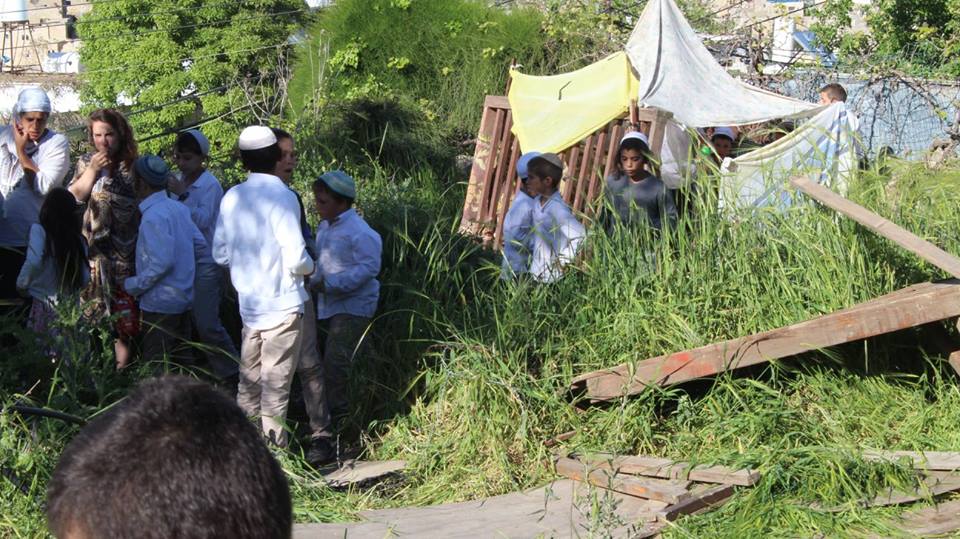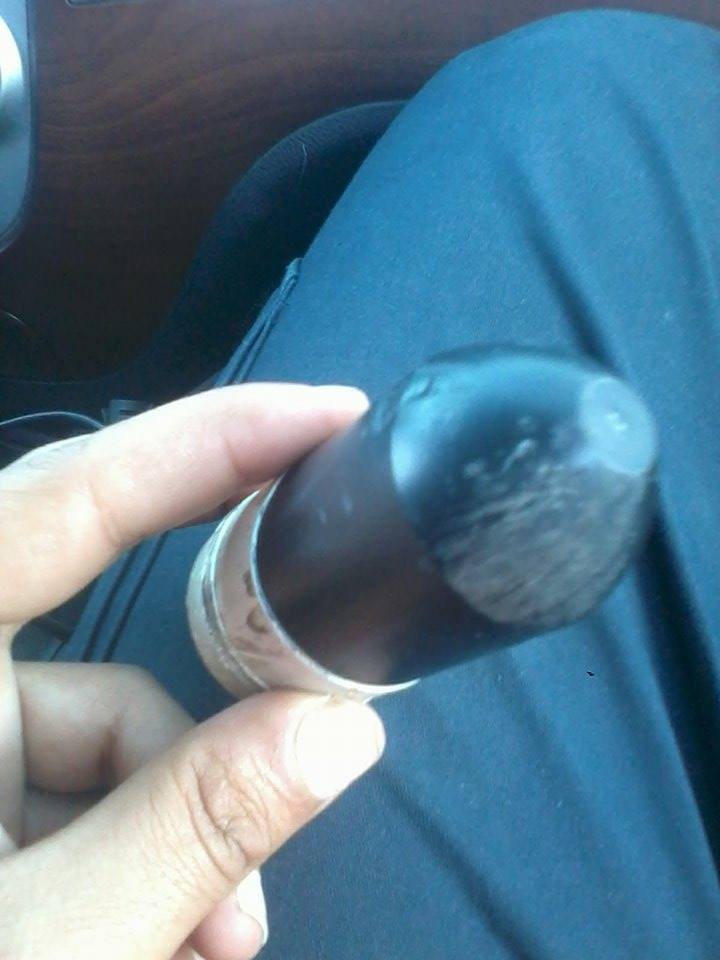Tag: Settlers
-
Settlers expropriate Palestinian garden as police stand by
4th April 2016 | International Solidarity Movement, al-Khalil team | Tel Rumeida, al Khalil, occupied Palestine On Saturday 3rd of April 2016 settlers entered land belonging to Muhammad Abu Haikal in the Tel Rumeida area of Hebron on the occupied West Bank in Palestine. The settler children built a tent and then brought other settlers…
-
Targeting of civilians with excessive force in Ni’lin
1st April 2016 | International Solidarity Movement, al-Khalil team | Ni’lin, occupied Palestine On 1st April, the weekly non-violent protest in Ni’lin village commemorated the Palestinian Land Day – and was, as every week, attacked by Israeli forces with endless rounds of tear gas, including long-range tear gas canisters that mainly targeted civilians. The demonstrators,…
-
Youth Against Apartheid
29th March 2016 | International Solidarity Movement, al-Khalil team | Hebron, occupied Palestine On Sunday, the new team of Youth Against Apartheid was honored to meet with each other for the first time. The wonderful youth of al-Khalil city (Hebron) who have dedicated their time during the past few years doing voluntary work and activities…



